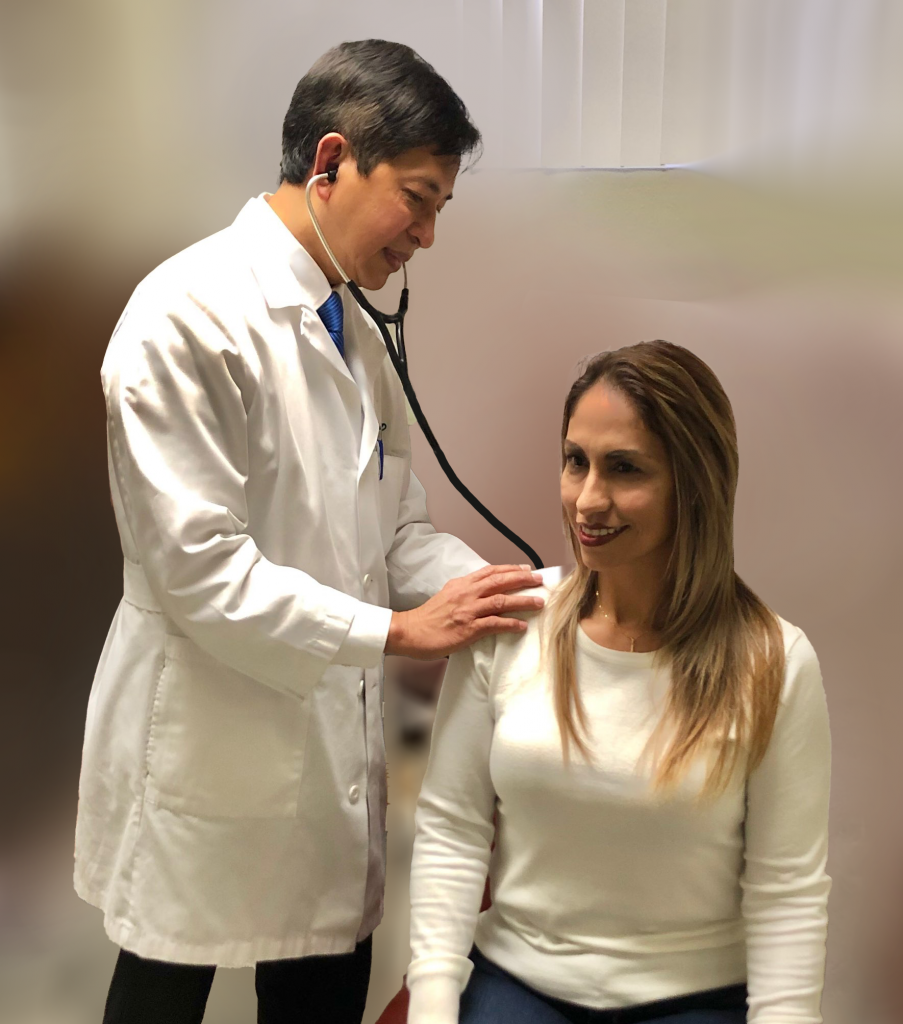I want to reach more people. I want to reach not only my patients but other people in the community that could be reached by this Blog. I want people to be healthier with less sufferings. My time and resources are limited but I want to share health tips that I have learned from my research, education and experiences.
I have a lot of interesting things to share and I hope they could make a difference in the lives of others. That is the reason I named this Blog: “Health Tips Doctors Would Like to Share But Could Not”
As a practicing physician in the United States for more than 20 years, I have seen the decline of the quality of patient-doctor relationships which is very vital to the existence of the patients and the doctors. We are now so limited with the time that doctors spend with patients. Doctors are spending more time on the paper works and administrative duties since the advent of the Electronic Health Records (EHR). Nearly a third of 20,000 surveyed physicians, said they spend 20 hours or more a week on paperwork and administrative tasks, according to the Medscape Physician Compensation Report 2018.
Physicians spend, on average, 16 minutes and 14 seconds using an EHR for each patient encounter, according to a study published in the Annals of Internal Medicine. Eleven percent of those time occur after hours. In every patient visit, it is imperative that there should be close engagement that happens between the patient and doctor to maintain healthy relationship.

As a physician, I treat each patient’s visit as a critical time, a chance to connect. Four factors that I always observe: First, look at the patient in his eyes, (deep enough to note the color of his eyes) and acknowledge his presence. Second, let the patient feel your true presence as a physician. Third, listen attentively to the patient’s sufferings. Fourth, let him know that you, as a doctor, is there to help ease the pain. By doing these, they create better atmosphere and trust between patients and doctors. The patient would go home not feeling empty-handed. The visit was engaging. It would be a feeling of fulfillment in the part of the doctor as well. It helps reduce practice burn out. Remember, the doctor needs the patients as much as the patients need the doctor. That is our calling. As a physician, I would like to share more information and knowledge with my patients but I am so limited by time and many other factors.
Sixteen minutes of patient visit is not enough. The country and the world are getting sicker. What we are getting for treatments are only “bandaids” for the health problems we are dealing with. People are more ill with chronic diseases. Benjamin Franklin once said, “Some people die at 25 and aren’t buried until they are 75.” We have longer “disease span” than “health span”. Changing behavior is very important but you can not change behavior by seeing patients 16 minutes every 2-3 months. There are a lot of questions that our patients still have but were not able to ask. We, doctors, would like to stay longer with our patients during their visits and listen attentively to them. We really care but we have to adjust in these changing times. We need to see more patients in a short period of time. We need to pay the bills too, in order to survive and continue giving services to the community.
The content of these blogs is not intended to be a substitute for professional medical advice, diagnosis, or treatment. Always seek the advice of your physician or qualified health provider with any questions you may have regarding a medical condition.